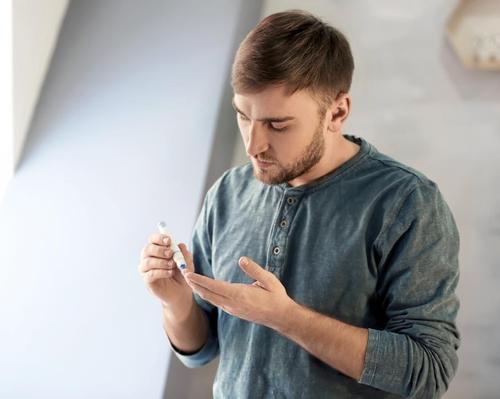04 Jun 2019
Genetic insights from 50,000 people being used to help understand lifestyle diseases
BY Tom Walker

A ground-breaking project is using genomic data from 50,000 people to deepen the understanding of how genetics and life-style factors contribute to the development of conditions such as diabetes and arthritis.
The UK government is investing £4.8m in the initiative, which will result in medical experts examining the whole genome sequencing of 50,000 volunteers enlisted on the UK Biobank.
It is hoped the project will help uncover the reasons why some people develop diseases and others do not.
The investment, from UK Research and Innovation (UKRI), is part of the government’s Industrial Strategy Challenge Fund (ISCF) and will pay for the storage and sharing of the huge data depository, which is the equivalent size of 500 billion pages of standard text.
The project dwarfs existing UK Biobank storage and processing facilities and, according to science minister Chris Skidmore, highlights the importance of information technology systems to deliver health research in the future.
“Genomic medicine has the potential to completely change the way medical experts treat every single one of us as patients in the future, adapting our care to a specific personal health plan based on our genes," Skidmore said.
Professor Fiona Watt, executive chair of the Medical Research Council, one of the founding funders of UK Biobank, added: “The study of this genomic data will be of immense value to researchers, informing future methods of targeting and preventing a wide range of diseases.
“This investment illustrates how the Industrial Strategy Challenge Fund is driving improvements in our use of data and catalysing improved diagnoses and treatments for patients.”
UK Biobank samples are being sequenced by the Wellcome Sanger Institute, Cambridge.
The sequencing began last year with ISCF funding of £30m for the complete genomes of 50,000 UK Biobank volunteers. The data are due to be released in 2020.
Dr Mark Effingham, UK Biobank chief operating officer, said the resource was increasingly harnessing informatics to make sure it provides the best data it can to researchers around the world.
“Whichever way you look at it, the whole genome sequencing of UK Biobank participants is generating lots and lots of important health data,” he said.
“This will provide new leads and insights for research into a very wide range of common and complex diseases.
“The scale is mind-boggling. The UK is leading health scientists into a new era of research, and these data are lighting our way.”
Close Window